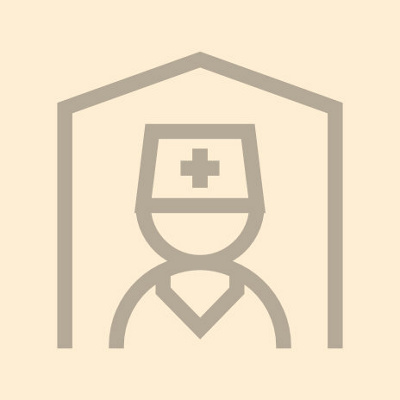Heartburn is a common digestive condition that affects millions of people worldwide.
Signs of heartburn
If you’ve ever eaten a spicy curry or a fatty meal just before going to bed, you might have experienced the discomfort of heartburn.
“Your sphincter, a valve in your oesophagus (food pipe), normally prevents acid from rising from your stomach to your throat. But if this muscle weakens, acid reflux can occur, which causes discomfort. When this happens, you feel a hot, burning sensation in your chest, usually behind your breastbone, which can sometimes travel up to your throat,” says Dr Jonathan Hoffman, a general practitioner at Mediclinic Morningside.
Common triggers for heartburn are spicy foods, alcohol, caffeine, and smoking. If you’re pregnant or obese, you might be more likely to get it.
“The burning sensation usually gets worse when you’re lying down or bending over,” says Dr Hoffman. “Other symptoms may include a sour taste in your mouth, difficulty swallowing, or a feeling of food stuck in your throat.” He adds that chronic heartburn that occurs more than twice a week may be a sign of gastroesophageal reflux disease (GERD), a more serious condition requiring medical attention.
Heartburn versus other conditions
You might mistake this sudden, uncomfortable feeling in your chest as the signs of a heart attack. “This misidentification can lead to either unnecessary visits to the emergency centre, or, more dangerously, ignoring a potentially life-threatening heart condition,” says Dr Hoffman. “It’s important to know the difference.”
Heartburn typically causes a burning feeling, while a heart attack often feels like pressure, squeezing, or tightness in the chest. “Another crucial distinction is that while heartburn pain stays in the chest area and may rise to the throat, heart attack pain often radiates to the arm, shoulder, neck, or jaw.”
Symptoms of heartburn may include burping or bloating. “Heart attacks are more likely to make you feel a shortness of breath, cold sweats, nausea, dizziness, or fatigue. Heartburn usually occurs after eating, while heart attacks can happen anytime and aren’t necessarily related to food.”
Managing heartburn
Most cases of heartburn can be effectively managed by making changes to your lifestyle and using over-the-counter medicines, says Dr Hoffman.
Lifestyle changes
- Maintain a healthy weight and try to stop smoking. “Smokers are more prone to heartburn because smoking weakens the muscle that acts as a valve between the oesophagus and stomach. Smoking also increases the amount of acid your stomach produces.”
- Avoid foods known to trigger heartburn such as spicy, acidic, fatty meals, chocolate, caffeine, and alcohol. Don’t chew gum and eat smaller, more frequent meals throughout the day rather than a big, heavy meal in the evening. Also avoid anti-inflammatory medications if you’re prone to heartburn and try to wait at least three hours after eating before lying down.
Medications
- Antacids neutralise stomach acid and offer quick relief. Proton pump inhibitors help tackle heartburn by lowering the amount of acid your stomach makes. “Your doctor may tell you to take an antacid to neutralise acid and a proton pump inhibitor (PPI) separately to reduce acid production,” says Dr Hoffman.
- For persistent or severe heartburn, you may need prescription-strength medications. Your doctor might also recommend a gastroscopy to rule out other conditions or complications, especially if you’re over 45.
When to see a doctor
Occasional heartburn is common and usually not serious but talk to your doctor if you experience heartburn more than twice a week. You might need further investigation if you have difficulty swallowing or eating or are losing weight because of a loss of appetite.
“Lifestyle changes and over-the-counter treatments are often effective, but persistent symptoms should always be evaluated by a healthcare professional,” advises Dr Hoffman.
If you suffer from heartburn, visit www.mediclinic.co.za to find a doctor who can help you manage the condition.
Further publications on the topic
Doctors 1


